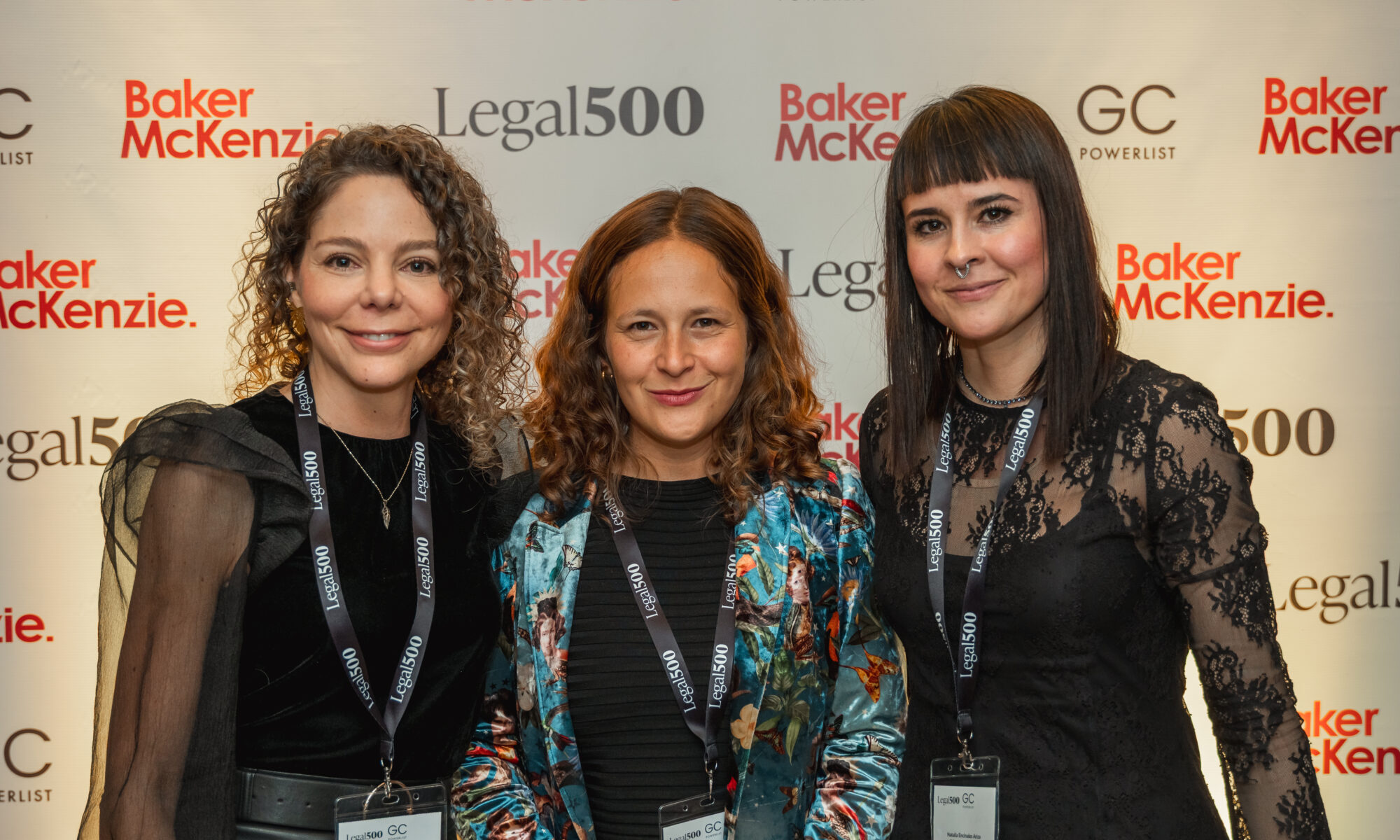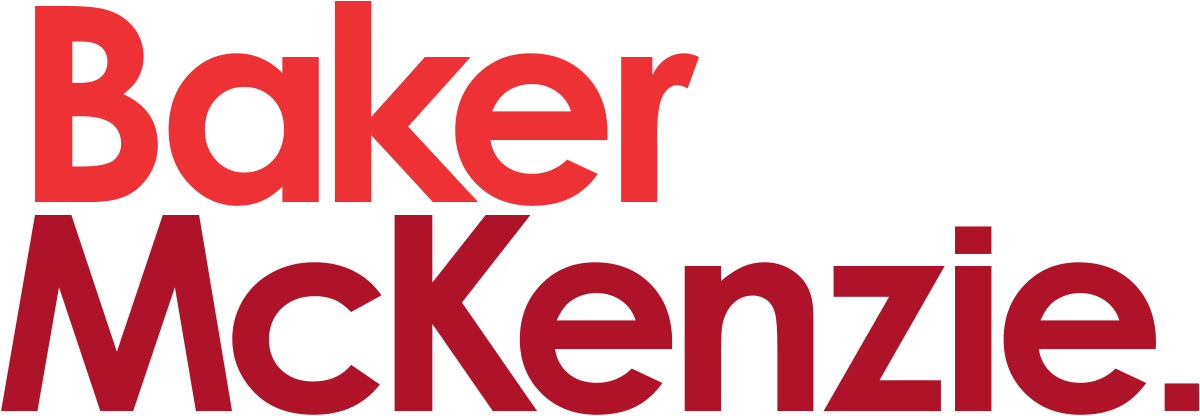Event Report
The 2025 edition of the GC Powerlist Colombia, held at the elegant Casa Medina in Bogotá, brought together some of the most influential general counsel and in-house legal leaders from across the country and region. The event highlighted how Colombian legal departments are evolving to meet the demands of an increasingly complex, tech-driven, and sustainability-conscious business environment. Key themes throughout the day included the strategic adoption of AI and legal tech, lean but agile team structures, shifting approaches to external counsel, and a strong commitment to ESG and inclusive leadership.
One of the most prominent discussion points was the integration of legal technology, particularly AI and large language models, into in-house legal work. Across companies like Uber, Unilever, Takeda, and GFT, there is strong momentum around the use of AI tools for contract lifecycle management—ranging from clause extraction and risk flagging to version control and automated drafting. However, rather than viewing AI as a replacement for legal professionals, most GCs described these technologies as strategic enablers that allow their teams to focus on higher-impact work. Laura Jaramillo Franco of Bayer provided one of the most detailed insights into how her team has deliberately structured their AI use. She emphasised that the value lies not in using AI for its own sake, but in tailoring each tool to specific use cases that align with legal risk standards and data protection policies. Tools such as Harvey, myGenAssist, Claude, Notebook, ChatGPT, Gemini, and Gamma are all part of Bayer’s ecosystem—each selected and implemented with clear purpose and governance.
Legal design was another emerging theme, with institutions like Scotiabank and Unilever investing in simplifying legal documents to make them more accessible to non-legal stakeholders. This is especially relevant in consumer-facing sectors where clear communication builds trust and mitigates risk. There is also growing interest in predictive analytics for litigation and compliance risk mapping, as legal departments seek more proactive ways to support business decisions.
Despite the growing influence of technology, staffing models remain lean. Most legal departments consist of teams ranging from three to nine professionals. However, size is no longer the defining factor of effectiveness. Instead, agility, business-embeddedness, and cross-functional collaboration are key. General counsel from companies such as Scotiabank, Cargill highlighted the increasing involvement of legal leaders in crisis management and business strategy, often working side by side with finance and communications teams. Upskilling, especially in technology and leadership, is an area of active investment, with Uber, for instance, noting formal programs aimed at equipping in-house lawyers for this evolving role.
The event also revealed a shift in the use of external counsel. In-house teams are now more confident in handling complex matters internally, including regulatory strategy, litigation, and M&A. Companies such as SierraCol and Bancolombia highlighted that while law firms remain essential, engagements are becoming more selective and strategic. The focus has moved from transactional work to long-term partnerships that add specialized value or support cross-border challenges.
Sustainability and ESG responsibilities continue to expand within legal departments. Legal leaders are increasingly central to ensuring compliance with ESG frameworks, advising on disclosures, and shaping product strategies aligned with social impact. Viviana Prada Rey of Grupo Cibest shared how her legal team plays a key role in advancing the company’s mission to contribute to the UN Sustainable Development Goals. From advising on sustainable finance initiatives to monitoring ESG-related regulatory developments in both Colombia and the United States, the legal function has become instrumental in driving long-term impact.
Another area of strong focus was crisis resilience. Legal teams are leading scenario planning and designing compliance playbooks, ensuring they are prepared for unexpected events. Leadership and inclusion also featured prominently. Companies are integrating diversity, equity, and inclusion (DEI) into their legal team strategies. Juliana Hoyos Flórez, General Counsel of SierraCol, discussed the company’s ALMA program (Academia de Liderazgo para Mujeres de Alto Impacto), which has empowered over 180 women across the company and community with leadership skills and is expected to reach 300 by 2026.
In conclusion, the GC Powerlist Colombia 2025 was a testament to the transformation of the legal profession in the region. Far from being reactive support functions, today’s legal departments are strategic, tech-savvy, socially conscious, and embedded at the heart of business decision-making. As demonstrated once again, Colombia’s in-house legal leaders are not just keeping pace with global trends—they are helping define them.


